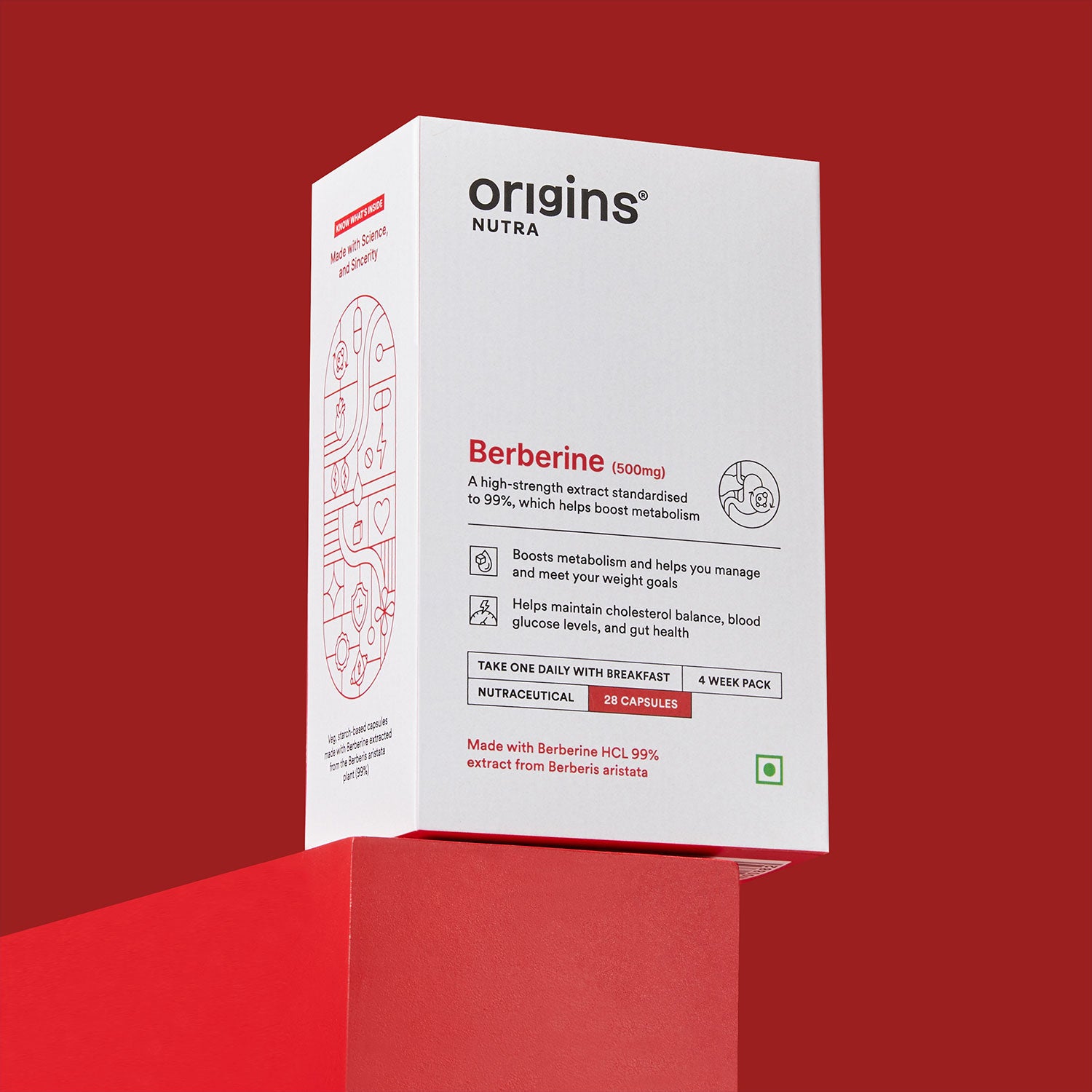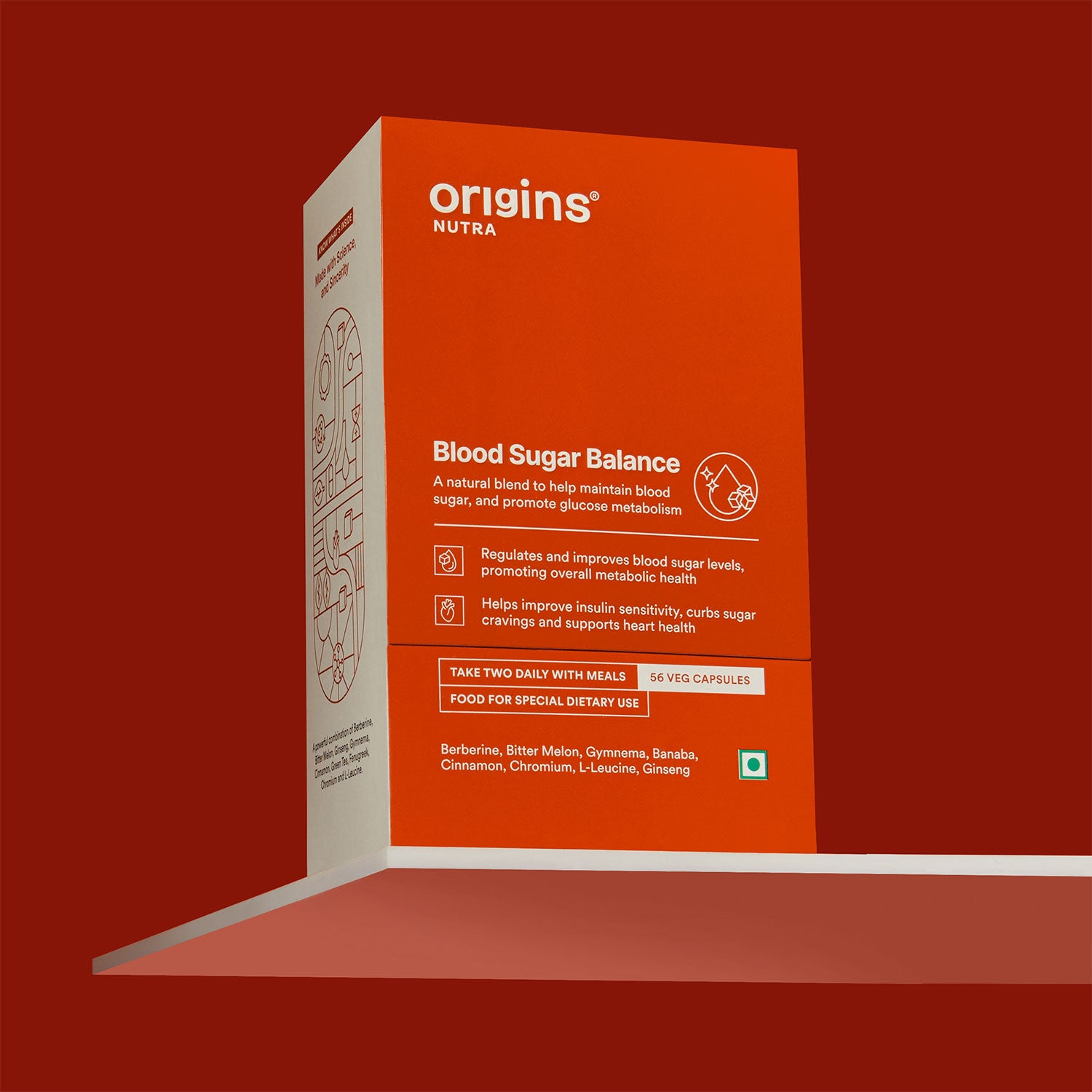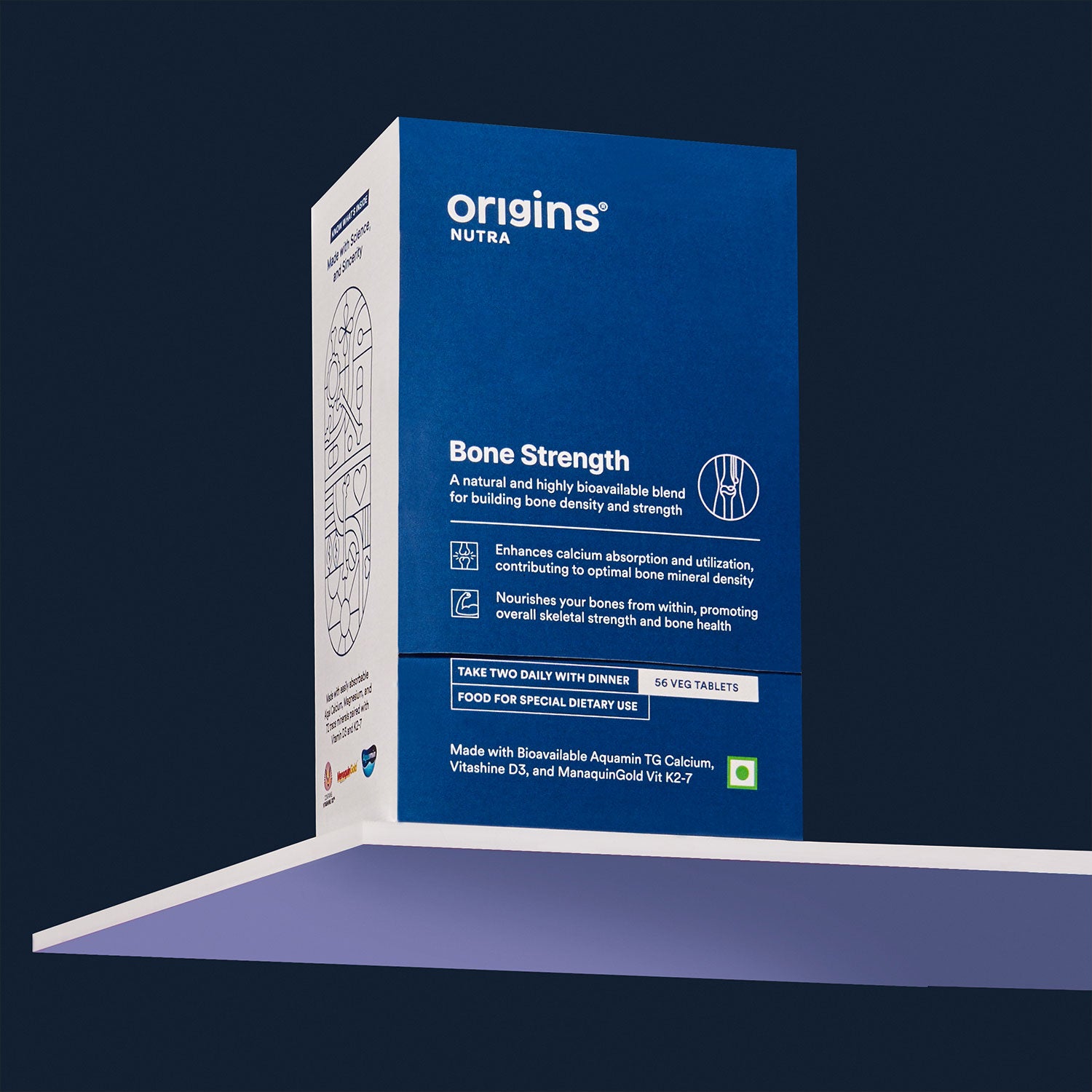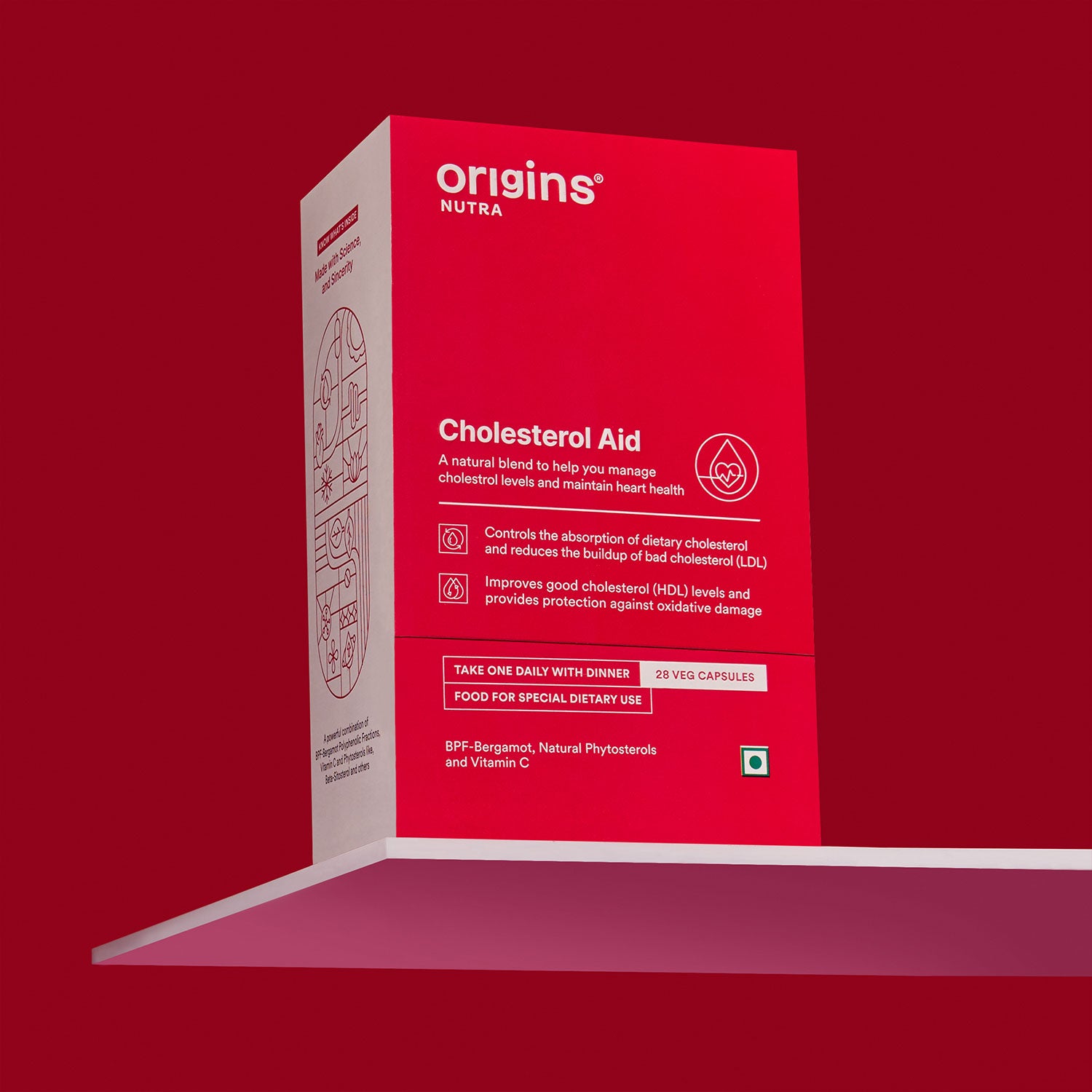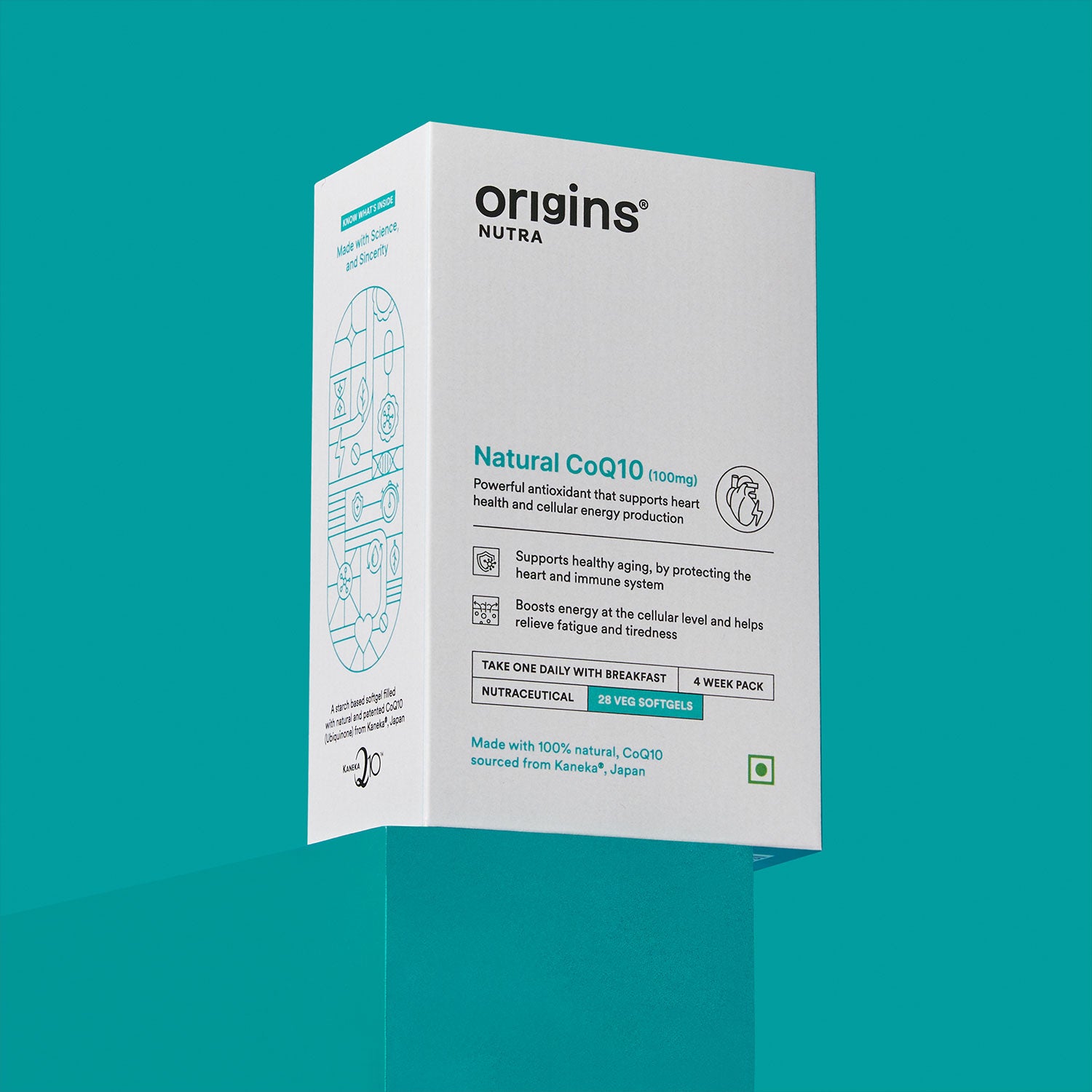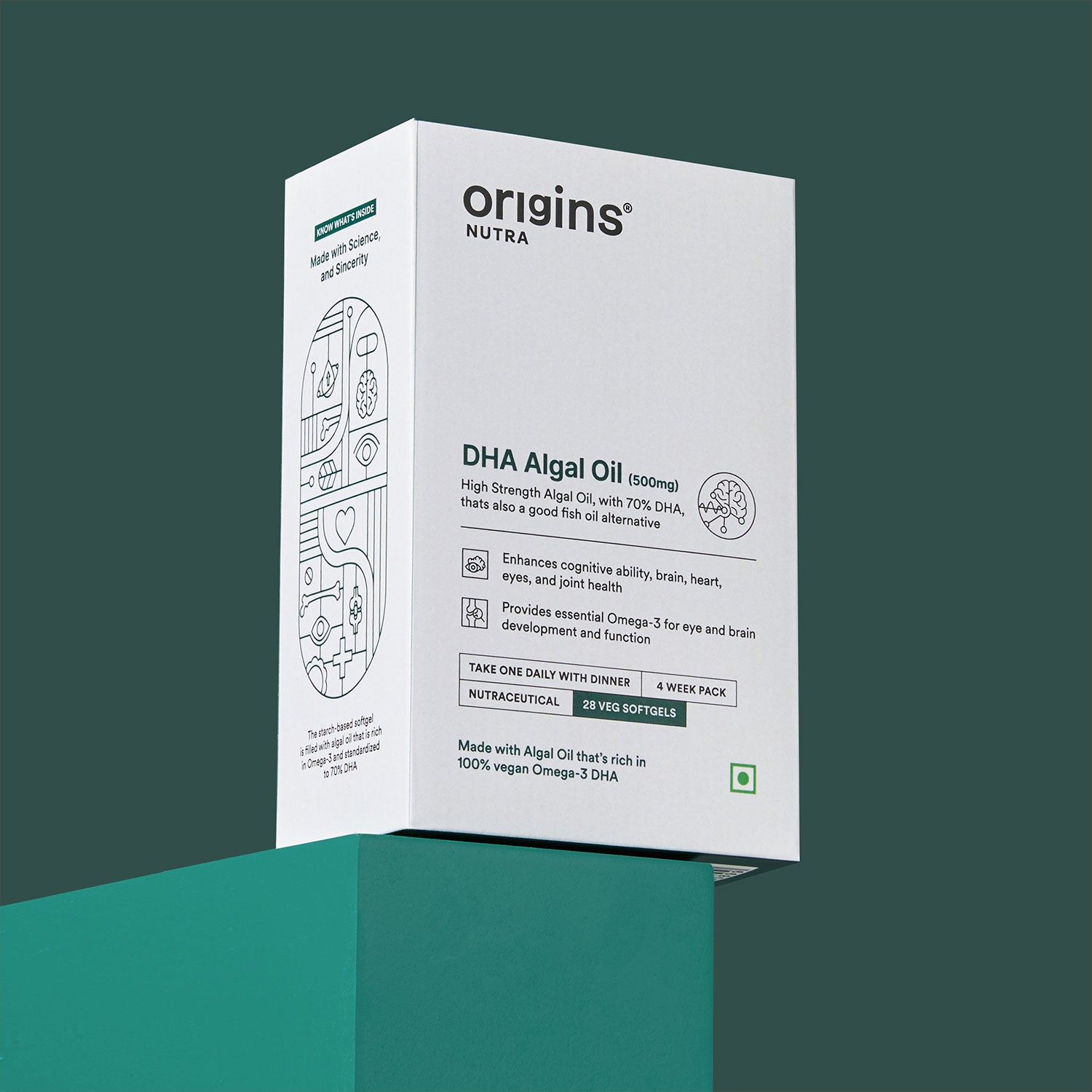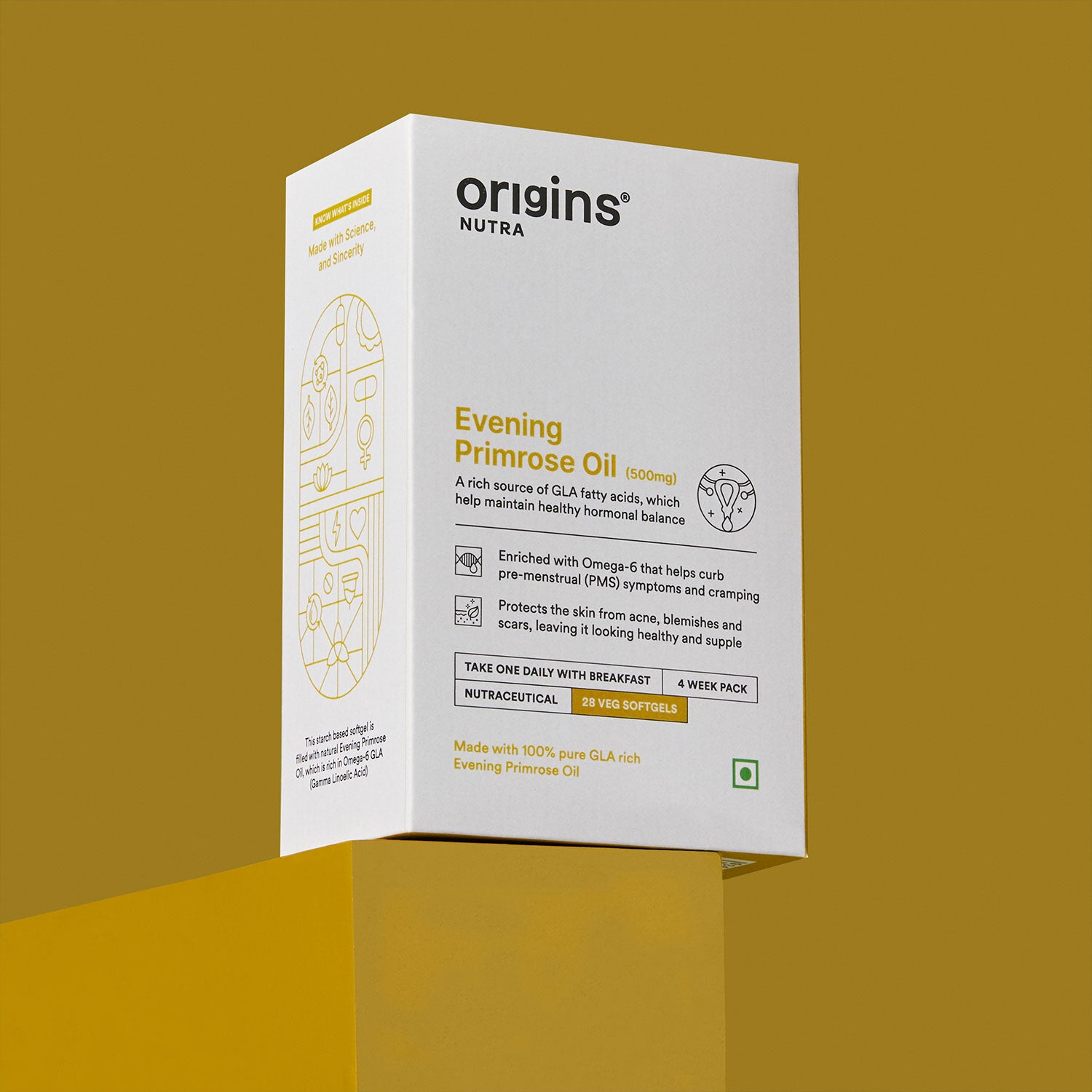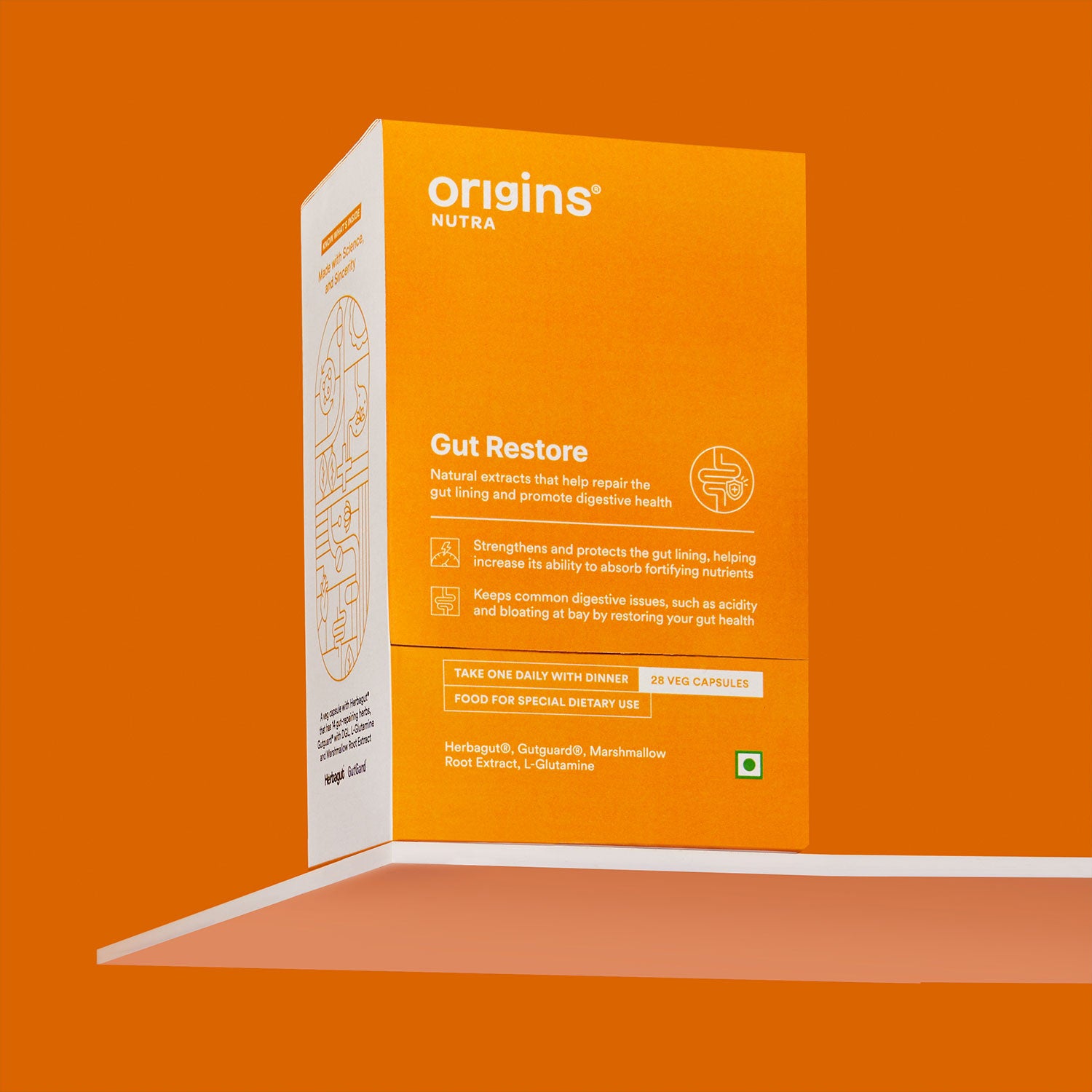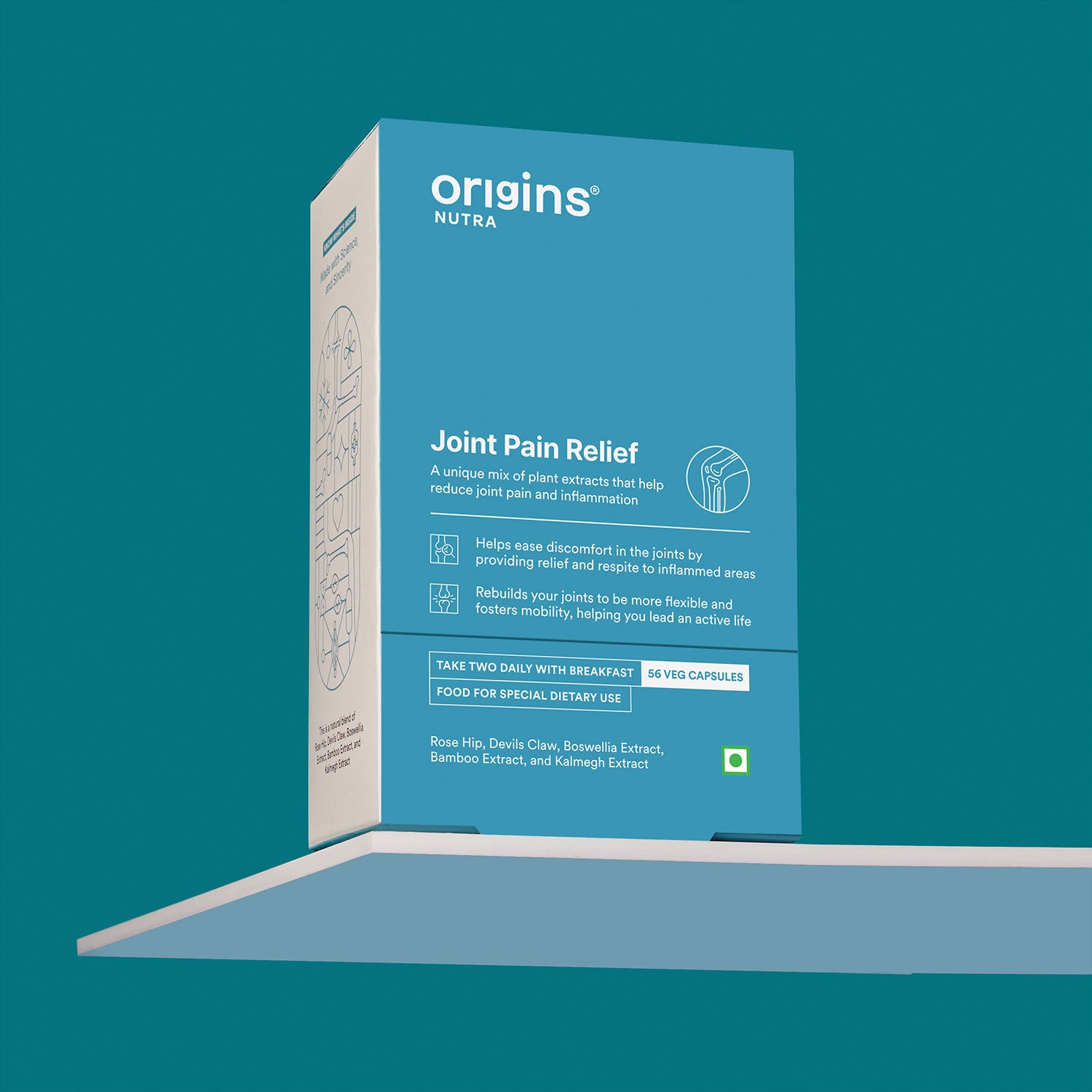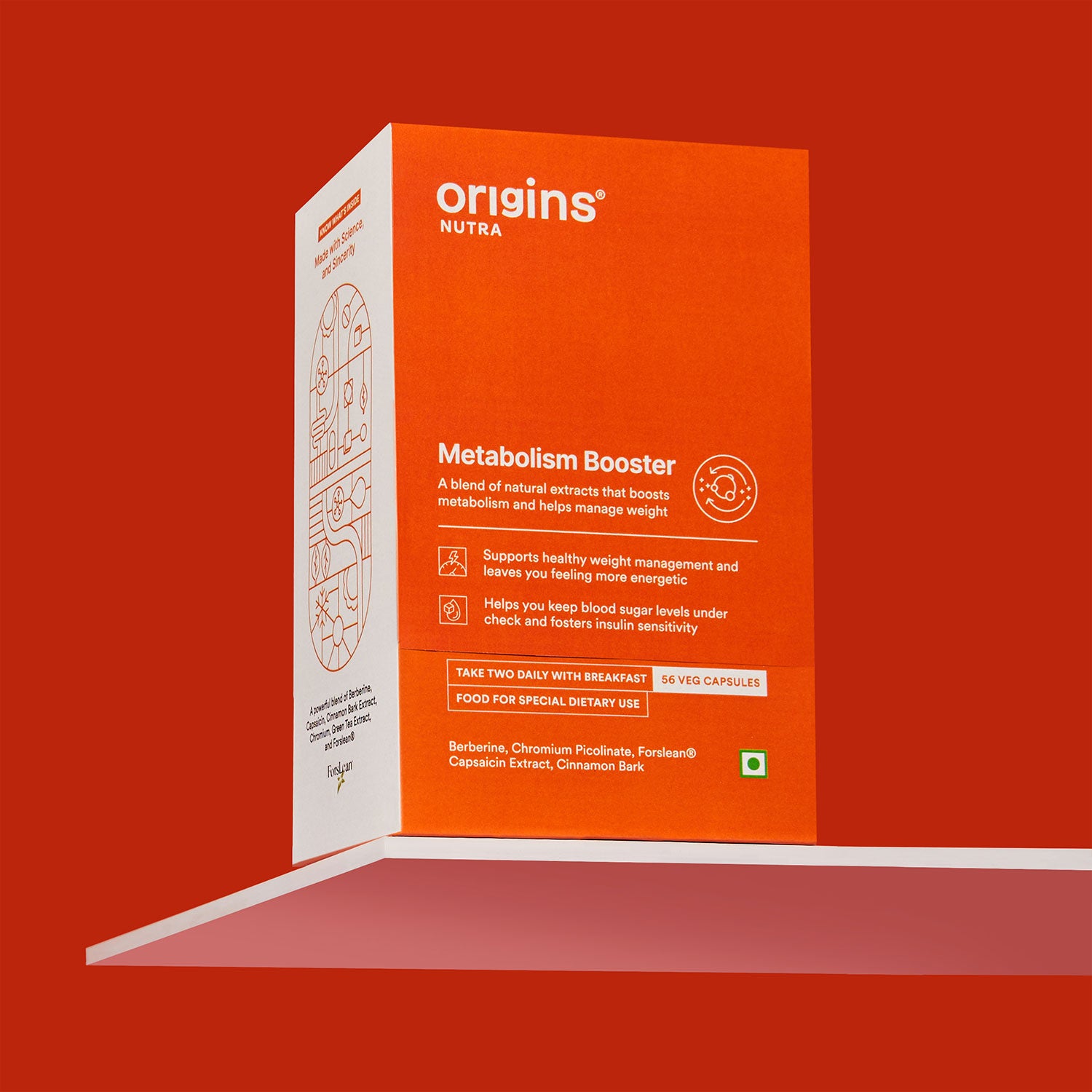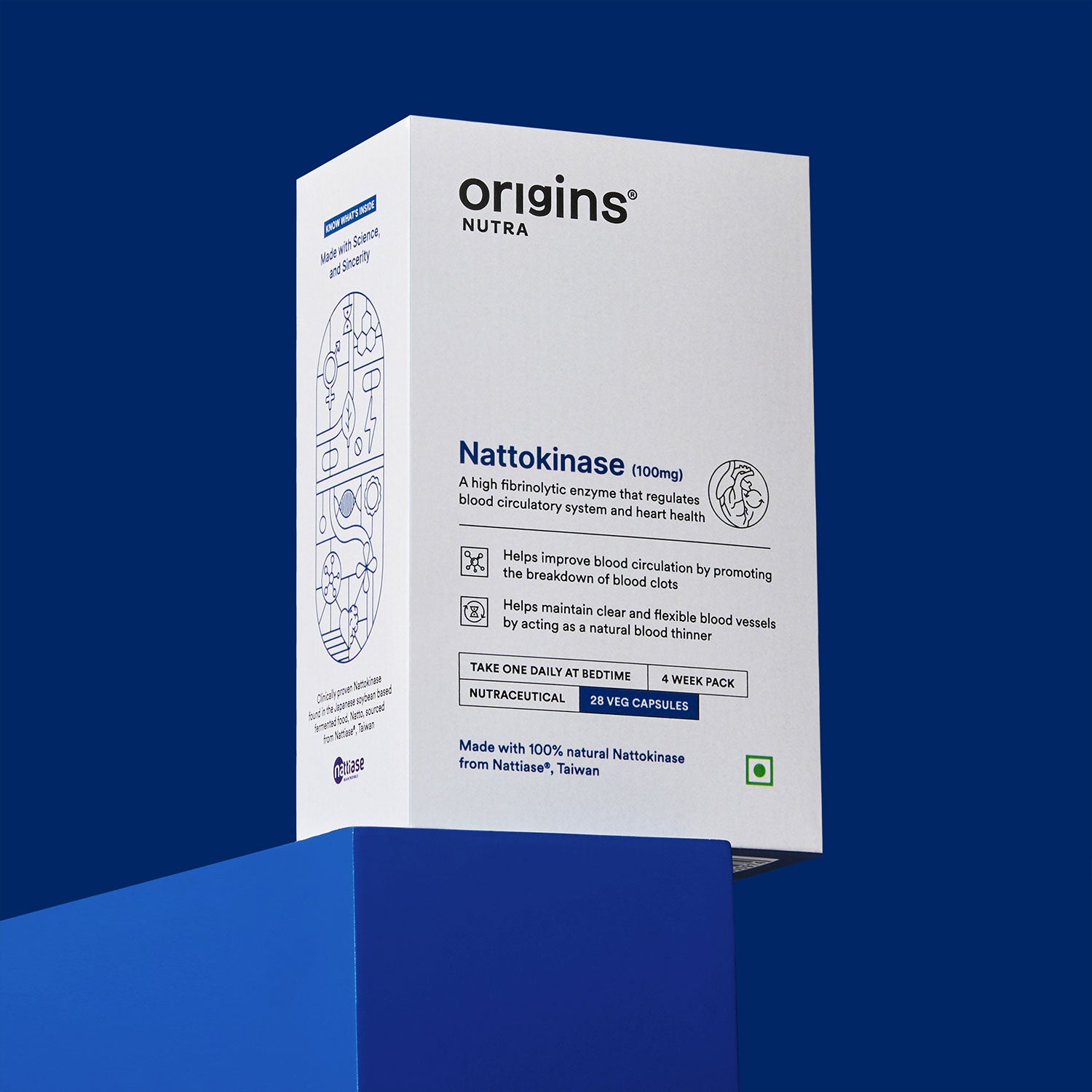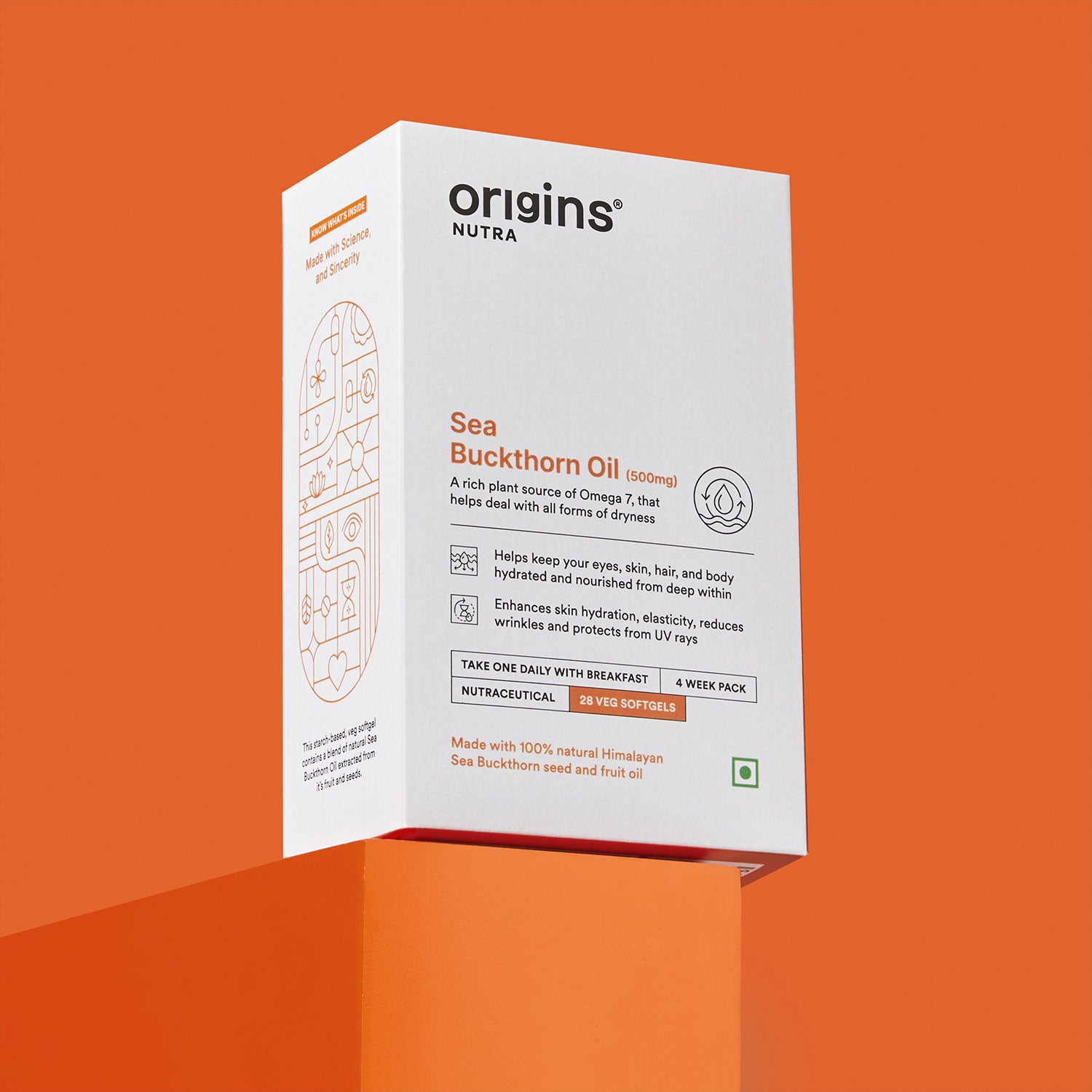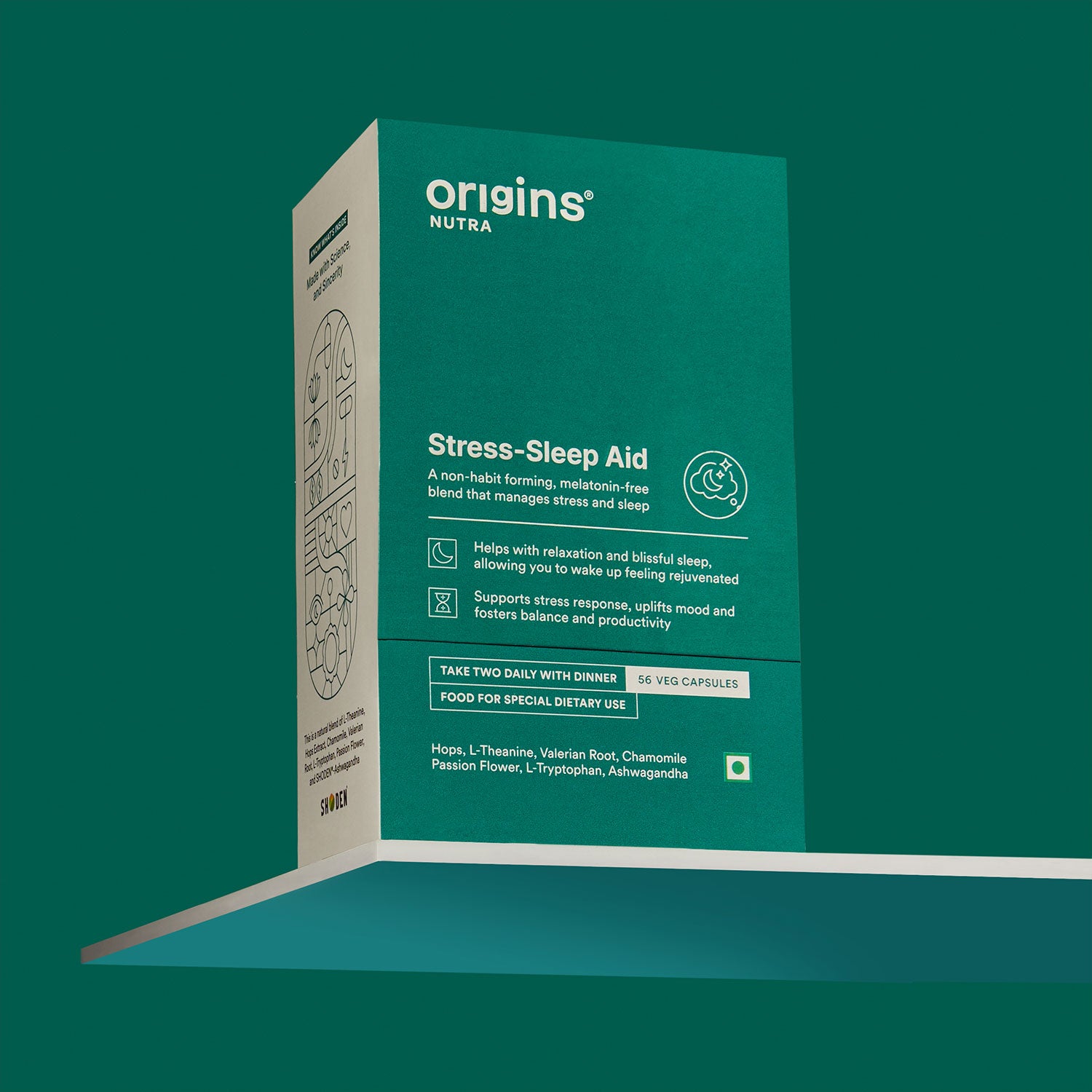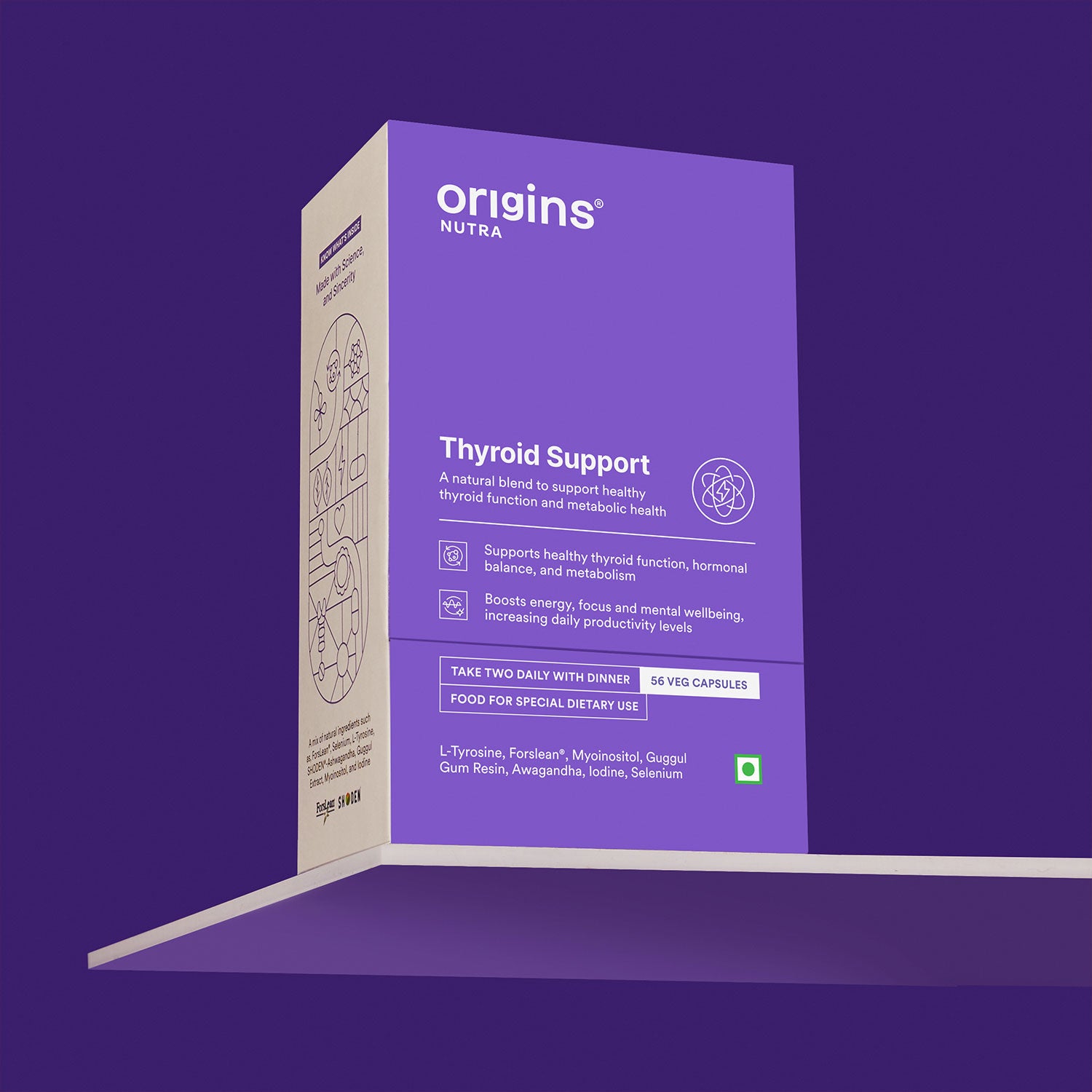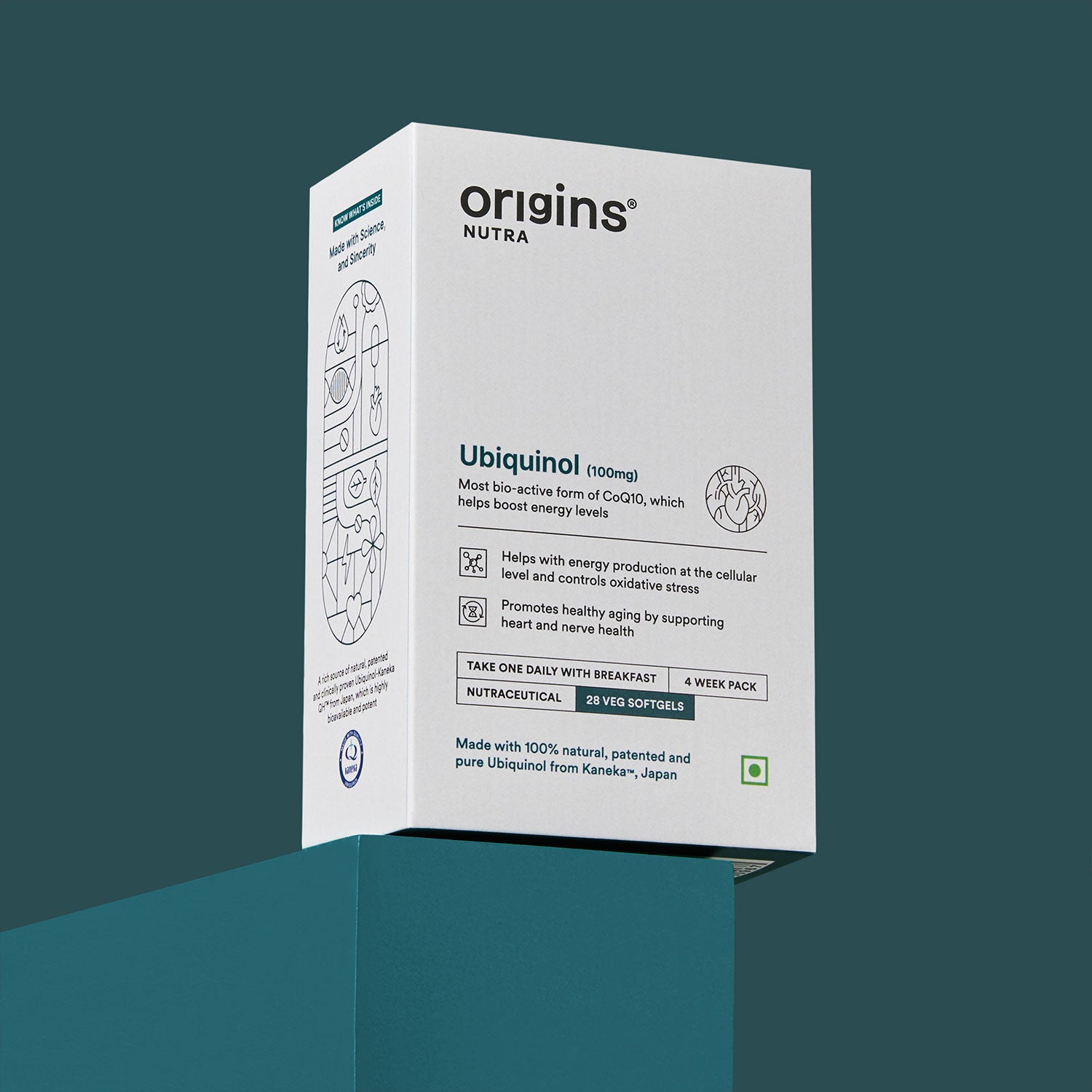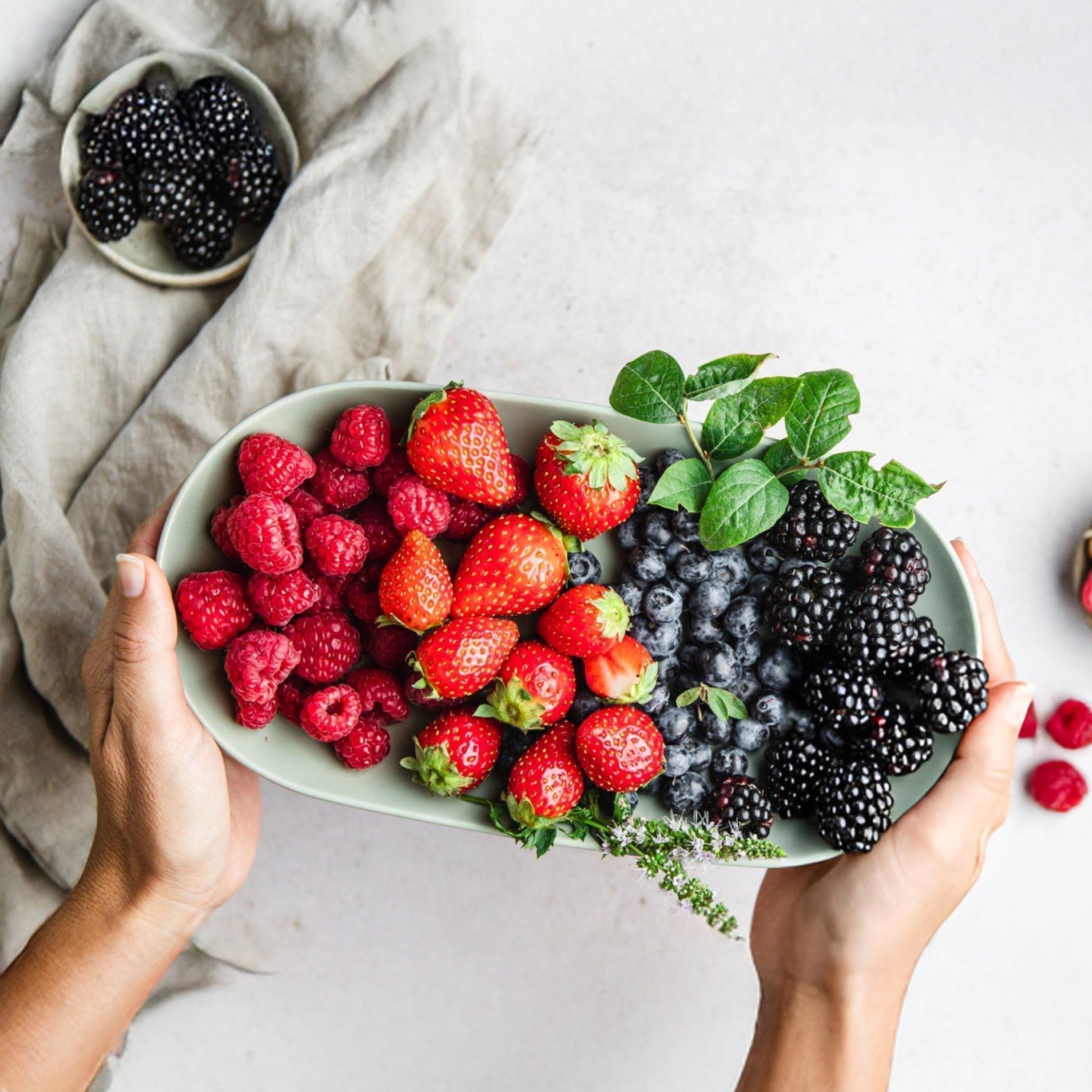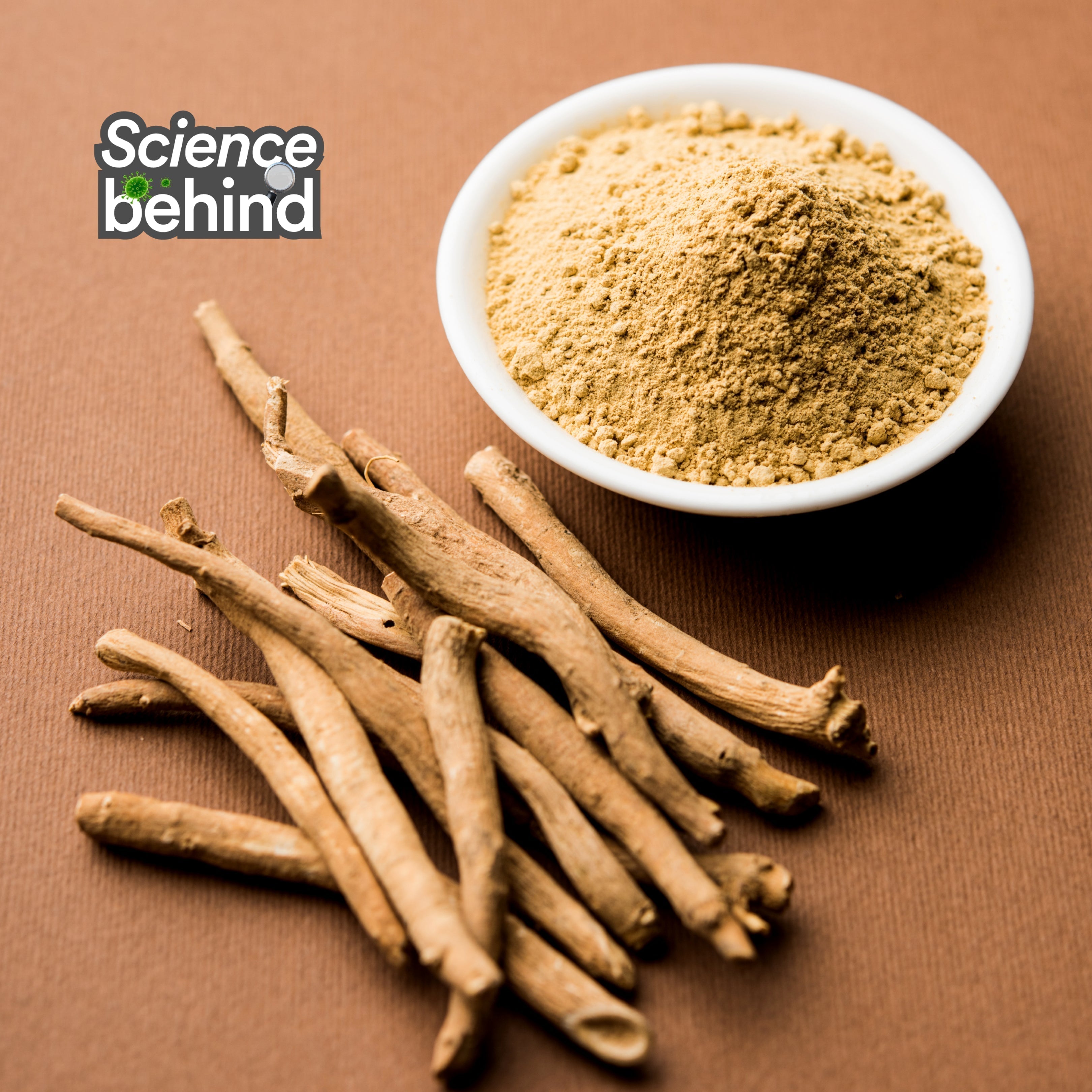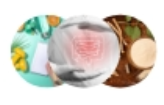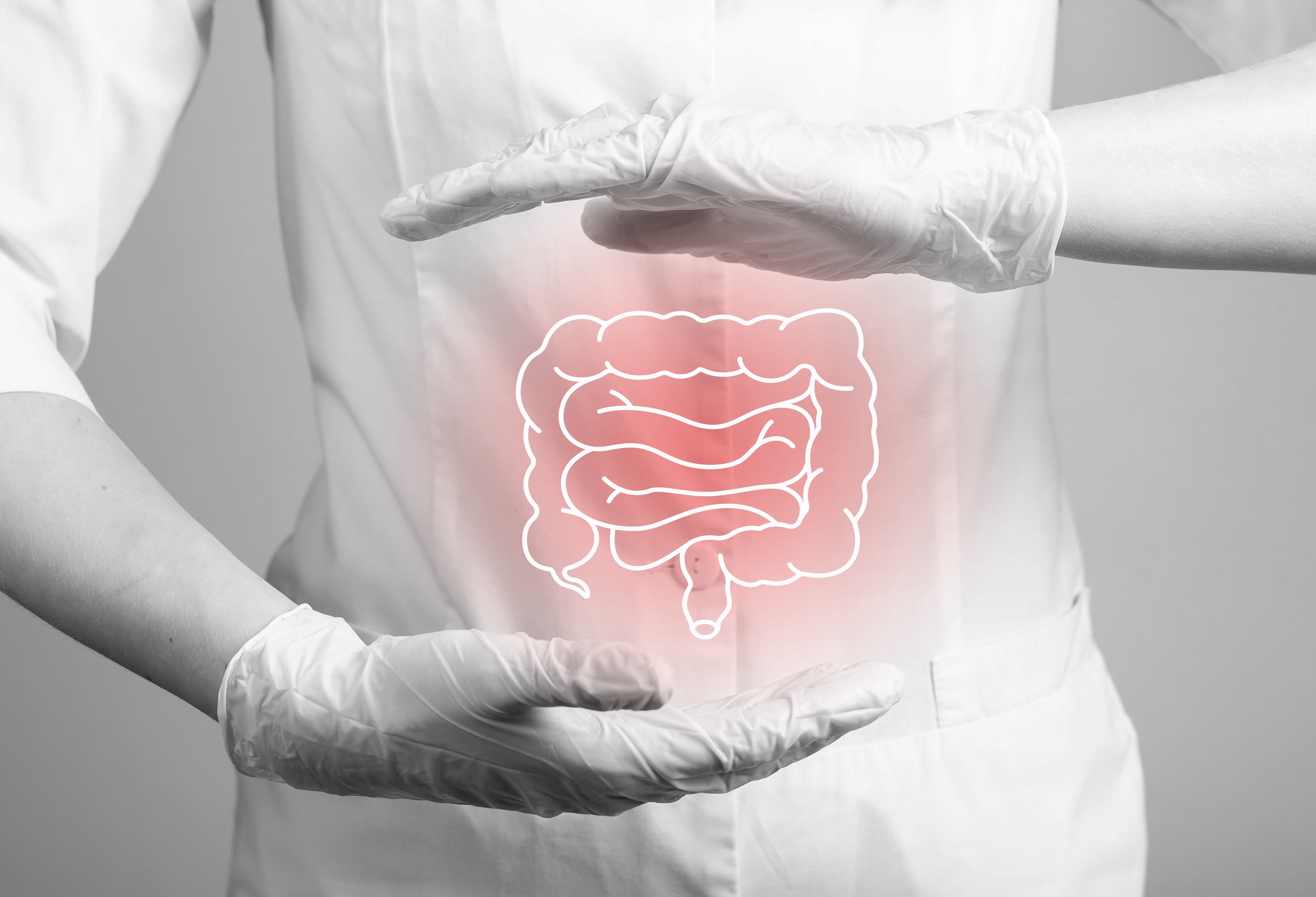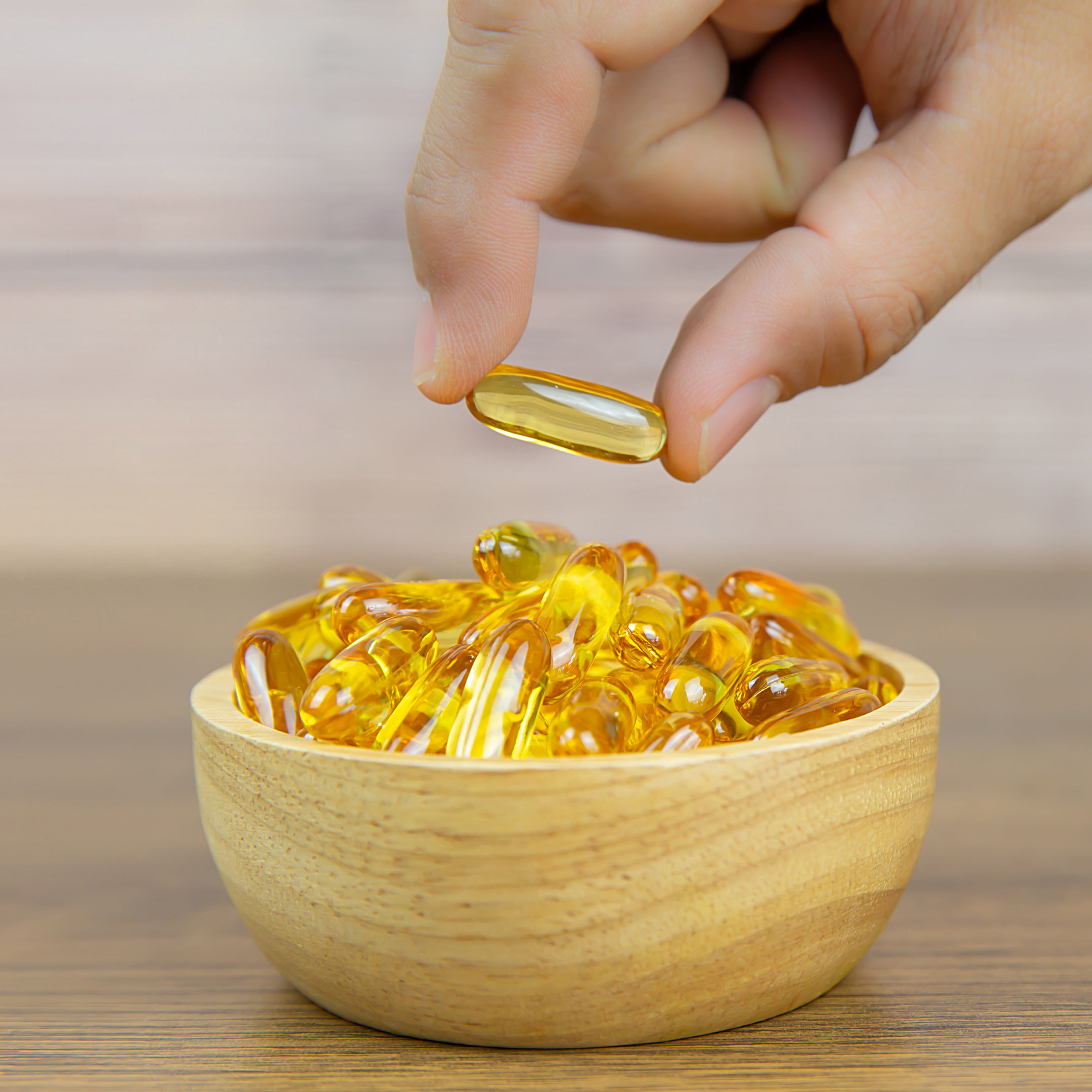Nutrition Tips for Women
Dear busy bees,
Or should I say Queen bees who work like worker bees?
Are you constantly on the move, juggling work, family, and everything in between? It's time to invest in your nutrition and empower yourself with these essential tips to keep you energised and thriving throughout your hectic days. For a versatile woman, it’s challenging to find time to eat and stay healthy.
Why Is Nutrition Important for Women?
A healthy woman can make a healthy family.
As a woman, your body has unique nutritional needs. From menstruation to pregnancy to menopause, your body goes through many changes that require specific nutrients to support your overall health and well-being.
In addition, women are more prone to certain health conditions such as osteoporosis and anemia, which can be prevented or managed through proper nutrition. To nourish your body, the essential nutrients like minerals and vitamins are needed.
Under nutrition in women
Have you ever wondered if your coffee and dreams diet is secretly a crash course in under nutrition?
It’s real, ladies.
When a person's body doesn't obtain enough nutrients to operate correctly, it is referred to as under nutrition (a category of malnutrition).
Among the many health risks associated with under nutrition in women include anaemia (iron deficiency), weakened immune systems, irregular menstruation, osteoporosis (bone density loss), problems during pregnancy and childbirth, delayed wound healing, decreased muscular mass and strength, impaired memory, a higher risk of infection, and low reproductive health.

Daily Nutritional Recommendations for Women
From boss babes to supermoms, here's the quick fix to thrive nutritionally!
- Aim for 1,800–2,400 calories and 46–56 grams of protein daily.
- Eat 45–65% carbohydrates, primarily from whole grains, fruits, and vegetables.
- Consume 20-35% healthy fats, including unsaturated fats in nuts and seeds.
- Consume 25 grams of fibre every day to improve your digestion.
- Get enough vitamins and minerals by eating a balanced diet of fruits, vegetables, whole grains, and lean proteins.

The Benefits of a Healthy Diet for Women
Women can reap several benefits from a good diet, such as:
- Improved energy levels and immunity
- Good hormonal function
- Stronger bones and muscles
- improved mood and mental wellness
- Reduced risk of chronic illnesses
- Better weight management
- Enhanced skin and hair health
- Keeps diabetes and blood pressure under control
Ways to Find the Essential Nutrition for Women on the Go:
When it comes to nutrition, it’s a chain link that connects the dots like diet and wellness.
So, ladies, let’s not skip meals and try to eat smart.
Adding a variety of colours to your plate, limiting processed and sugary drinks, and eating nutrient-dense meals like fruits, vegetables, whole grains, lean proteins, and healthy fats are all tricks to achieve optimal nutrition.
Planning and making smart food choices
1) Pre planning your Meal:
Preparing meals and snacks ahead of time might help you avoid harmful eating habits and save time. Schedule weekends for meal preparation and snacks for the upcoming week, such as chopping vegetables, cooking grains and meats, and portioning meals in containers.
2) One-pot meal
Stir-fries, soups, and casseroles are great one-pot dinners for busy women since they need little preparation and cleanup.
3) Smoothies
Smoothies are a quick and easy breakfast or snack that contain nutrients through the blend of fruits, vegetables, protein powder, and healthy fats.

4) Snack boxes
Fill those snack boxes with hummus, fruits, vegetables, and nuts that are perfect for active women on the go.
Conclusion
In conclusion, ladies on the Go, don't let your nutrition hit the snooze button! Eating while on the move doesn't have to equate to sacrificing your well-being. Embrace the power of portable snacks, tackle the daily hustle with smart meal planning, and hydrate like it's your second job. With these evidence-based tips, you'll be fuelling your fabulousness and strutting through your busy day like a boss lady on a mission - just don't forget to take a snack break and enjoy the journey!
Keep in mind, that persistence in making small adjustments can yield significant outcomes in the long run.
References:
- Milman N. (2011). Anemia--still a major health problem in many parts of the world!. Annals of hematology, 90(4), 369–377. https://doi.org/10.1007/s00277-010-1144-5
- Jane Coad & Kevin Pedley (2014) Iron deficiency and iron deficiency anemia in women, Scandinavian Journal of Clinical and Laboratory Investigation, 74:sup244, 82-89, DOI: 10.3109/00365513.2014.936694
- Prentice A. Diet, nutrition and the prevention of osteoporosis. Public Health Nutrition. 2004;7(1a):227-243. doi:10.1079/PHN2003590
- Calder PC, Kew S. The immune system: a target for functional foods? British Journal of Nutrition. 2002;88(S2):S165-S176. doi:10.1079/BJN2002682
- Kara L. Breymeyer, Johanna W. Lampe, Bonnie A. McGregor, Marian L. Neuhouser, Subjective mood and energy levels of healthy weight and overweight/obese healthy adults on high-and low-glycemic load experimental diets. (https://doi.org/10.1016/j.appet.2016.08.008.)
- Bradbury, K. E., Appleby, P. N., & Key, T. J. (2014). Fruit, vegetable, and fiber intake in relation to cancer risk: findings from the European Prospective Investigation into Cancer and Nutrition (EPIC). The American journal of clinical nutrition, 100 Suppl 1, 394S–8S. https://doi.org/10.3945/ajcn.113.071357
- Lijuan Zhang, Sherry Pagoto, Barbara Olendzki, Gioia Persuitte, Linda Churchill, Jessica Oleski, Yunsheng Ma, A nonrestrictive, weight loss diet focused on fiber and lean protein increase, Nutrition,Volume 54,2018,Pages 12-18,ISSN 0899-9007 https://doi.org/10.1016/j.nut.2018.02.006.
- Jahangard, L., Hedayati, M., Abbasalipourkabir, R., Haghighi, M., Ahmadpanah, M., Faryadras, M., Mikoteit, T., Sadeghi Bahmani, D., & Brand, S. (2019). Omega-3-polyunsatured fatty acids (O3PUFAs), compared to placebo, reduced symptoms of occupational burnout and lowered morning cortisol secretion. Psychoneuroendocrinology, 109, 104384. https://doi.org/10.1016/j.psyneuen.2019.104384
- Cuenca-Sánchez M, Navas-Carrillo D, Orenes-Piñero E. Controversies surrounding high-protein diet intake: satiating effect and kidney and bone health. Adv Nutr. 2015;6(3):260-266. Published 2015 May 15. doi:10.3945/an.114.007716
- Chao AM, Jastreboff AM, White MA, Grilo CM, Sinha R. Stress, cortisol, and other appetite-related hormones: Prospective prediction of 6-month changes in food cravings and weight. Obesity (Silver Spring). 2017;25(4):713-720. doi:10.1002/oby.21790
- Cao C, Xiao Z, Wu Y, Ge C. Diet and Skin Aging-From the Perspective of Food Nutrition. Nutrients. 2020;12(3):870. Published 2020 Mar 24. doi:10.3390/nu12030870
- Ducrot P, Méjean C, Aroumougame V, et al. Meal planning is associated with food variety, diet quality and body weight status in a large sample of French adults. Int J Behav Nutr Phys Act. 2017;14(1):12. Published 2017 Feb 2. doi:10.1186/s12966-017-0461-7
- Storfer-Isser A, Musher-Eizenman D. Measuring parent time scarcity and fatigue as barriers to meal planning and preparation: quantitative scale development. J Nutr Educ Behav. 2013;45:176–182. doi: 10.1016/j.jneb.2012.08.007.
- Jabs, J., & Devine, C. M. (2006). Time scarcity and food choices: an overview. Appetite, 47(2), 196–204. https://doi.org/10.1016/j.appet.2006.02.014
- Jabs, J., Devine, C. M., Bisogni, C. A., Farrell, T. J., Jastran, M., & Wethington, E. (2007). Trying to find the quickest way: employed mothers' constructions of time for food. Journal of nutrition education and behavior, 39(1), 18–25. https://doi.org/10.1016/j.jneb.2006.08.011
- Maughan, R. J., Shirreffs, S. M., & Watson, P. (2007). Exercise, heat, hydration and the brain. Journal of the American College of Nutrition, 26(sup5), 604S-612S.
- Jéquier, E., Constant, F. Water as an essential nutrient: the physiological basis of hydration. Eur J Clin Nutr 64, 115–123 (2010). https://doi.org/10.1038/ejcn.2009.111
- Harris R. Lieberman (2007) Hydration and Cognition: A Critical Review and Recommendations for Future Research, Journal of the American College of Nutrition, 26:sup5, 555S-561S, DOI: 10.1080/07315724.2007.10719658
- Popkin BM, D'Anci KE, Rosenberg IH. Water, hydration, and health. Nutr Rev. 2010;68(8):439-458.
- Smith, A. P., Clark, R., & Gallagher, J. (1999). Breakfast cereal and caffeinated coffee: effects on working memory, attention, mood, and cardiovascular function. Physiology & behavior, 67(1), 9–17. https://doi.org/10.1016/s0031-9384(99)00025-6
- Paddon-Jones, D., Westman, E., Mattes, R. D., Wolfe, R. R., Astrup, A., & Westerterp-Plantenga, M. (2008). Protein, weight management, and satiety. The American journal of clinical nutrition, 87(5), 1558S–1561S. https://doi.org/10.1093/ajcn/87.5.1558S
- Slavin J. L. (2008). Position of the American Dietetic Association: health implications of dietary fiber. Journal of the American Dietetic Association, 108(10), 1716–1731. https://doi.org/10.1016/j.jada.2008.08.007
- Christopher Irwin, Michael Leveritt, David Shum, Ben Desbrow, The effects of dehydration, moderate alcohol consumption, and rehydration on cognitive functions, Alcohol, Volume 47, Issue 3, 2013, Pages 203-213, ISSN 0741-8329. ( https://doi.org/10.1016/j.alcohol.2012.12.016.)
- Micronutrients in women’s health and immune function- https://doi.org/10.1016/S0899-9007(01)00649-9
- https://www.nutrition.org.uk/life-stages/women/nutrition-recommendations-for-women/
- Institute of Medicine. Dietary Reference Intakes for Energy, Carbohydrate, Fiber, Fat, Fatty Acids, Cholesterol, Protein, and Amino Acids. National Academies Press, 2005. doi: 10.17226/10490
- U.S. Department of Agriculture and U.S. Department of Health and Human Services. Dietary Guidelines for Americans, 2020-2025. 9th Edition. December 2020. Available online: https://www.dietaryguidelines.gov/sites/default/files/202012/Dietary_Guidelines_for_Americans_2020-2025.pdf
- National Institutes of Health. Office of Dietary Supplements. Dietary Supplement Fact Sheets. Available online: https://ods.od.nih.gov/factsheets/list-all/
- Sami W, Ansari T, Butt NS, Hamid MRA. Effect of diet on type 2 diabetes mellitus: A review. Int J Health Sci (Qassim). 2017;11(2):65-71.
- Cicero AFG, Veronesi M, Fogacci F. Dietary Intervention to Improve Blood Pressure Control: Beyond Salt Restriction. High Blood Press Cardiovasc Prev. 2021;28(6):547-553. doi:10.1007/s40292-021-00474-6

